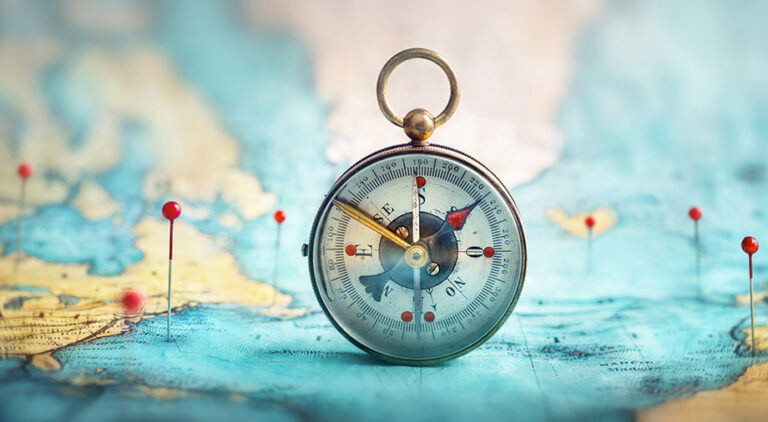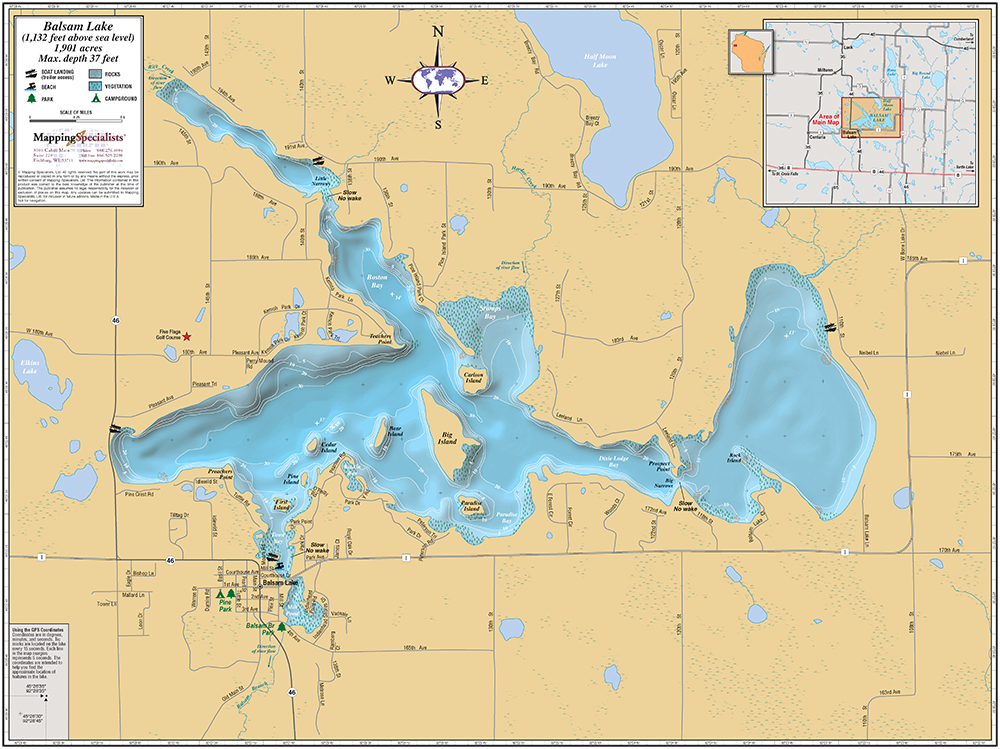Navigating The World: The Essential Role Of Map Specialists
Navigating the World: The Essential Role of Map Specialists
Related Articles: Navigating the World: The Essential Role of Map Specialists
Introduction
With enthusiasm, let’s navigate through the intriguing topic related to Navigating the World: The Essential Role of Map Specialists. Let’s weave interesting information and offer fresh perspectives to the readers.
Table of Content
Navigating the World: The Essential Role of Map Specialists

In a world increasingly reliant on technology and data, the role of map specialists remains crucial. These professionals, often referred to as cartographers, geographers, or spatial analysts, possess a unique blend of technical expertise and analytical skills, transforming raw data into meaningful spatial representations. Their work goes beyond simply creating visually appealing maps; it involves understanding the complex relationships between geographic features, analyzing spatial patterns, and communicating insights that inform decision-making across various fields.
Understanding the Scope of Map Specialism:
Map specialists are not simply mapmakers. They are experts in spatial data, adept at collecting, processing, analyzing, and visualizing geographic information. Their skills encompass a broad spectrum, ranging from traditional mapmaking techniques to advanced geospatial technologies.
Key Responsibilities of a Map Specialist:
- Data Acquisition and Processing: Gathering and cleaning geographic data from various sources, including aerial imagery, satellite data, and ground surveys.
- Spatial Analysis: Applying statistical methods and geospatial tools to identify patterns, trends, and relationships in geographic data.
- Map Design and Visualization: Creating maps that effectively communicate spatial information, incorporating diverse data sources, and selecting appropriate map projections and symbology.
- Cartographic Communication: Developing clear and concise maps that cater to specific audiences, ensuring readability and accessibility for diverse users.
- Geographic Information Systems (GIS) Management: Utilizing GIS software to manage, analyze, and visualize geospatial data, creating interactive maps and spatial models.
- Remote Sensing: Interpreting data collected from satellites and aerial platforms, identifying land cover changes, and monitoring environmental conditions.
- Geographic Research: Conducting research on geographic phenomena, analyzing spatial patterns, and contributing to the understanding of the Earth’s surface.
The Significance of Map Specialists in Diverse Fields:
The impact of map specialists extends beyond the traditional realm of cartography. Their skills are highly sought after in a wide range of industries, including:
- Government and Public Sector: Supporting planning and decision-making for infrastructure development, disaster management, environmental protection, and resource management.
- Urban Planning and Development: Designing sustainable cities, optimizing transportation networks, and analyzing urban growth patterns.
- Environmental Management: Monitoring environmental change, assessing pollution levels, and mapping biodiversity hotspots.
- Real Estate and Property Management: Analyzing property values, identifying development opportunities, and creating marketing materials.
- Agriculture and Forestry: Optimizing crop yields, managing forest resources, and monitoring land use changes.
- Transportation and Logistics: Developing efficient transportation routes, analyzing traffic patterns, and managing logistics operations.
- Business and Marketing: Identifying target markets, analyzing customer demographics, and optimizing marketing campaigns.
Benefits of Engaging a Map Specialist:
Engaging a map specialist offers a range of benefits:
- Data-driven Insights: Map specialists provide valuable insights based on rigorous spatial analysis, enabling informed decision-making.
- Enhanced Visual Communication: They create clear and compelling maps that effectively convey complex spatial information to diverse audiences.
- Improved Efficiency and Productivity: Map specialists streamline processes, optimize resource allocation, and enhance operational efficiency.
- Increased Accuracy and Precision: Their expertise ensures accurate and reliable spatial data, minimizing errors and improving the quality of analysis.
- Strategic Planning and Decision Support: Map specialists provide valuable support for strategic planning, identifying opportunities, and mitigating risks.
Frequently Asked Questions about Map Specialists:
1. What qualifications are needed to become a map specialist?
A bachelor’s degree in geography, cartography, GIS, or a related field is typically required. Advanced degrees, such as a master’s or doctorate, may be necessary for research or specialized roles.
2. What software do map specialists use?
Commonly used software includes ArcGIS, QGIS, Google Earth Pro, and various remote sensing and spatial analysis tools.
3. What are the career paths for map specialists?
Career options include cartographer, GIS analyst, geospatial researcher, urban planner, environmental consultant, and data scientist.
4. How can I find a map specialist?
Professional associations, online directories, and job boards can help locate qualified map specialists.
5. What are the challenges faced by map specialists?
Challenges include keeping up with rapid technological advancements, ensuring data accuracy and reliability, and communicating complex spatial information effectively.
Tips for Working with a Map Specialist:
- Clearly define your project objectives and desired outcomes.
- Provide accurate and complete data, including location information and relevant attributes.
- Communicate your target audience and desired map format.
- Discuss your budget and timeline expectations.
- Be open to feedback and suggestions from the map specialist.
Conclusion:
In an increasingly data-driven world, map specialists play a vital role in transforming information into actionable insights. Their ability to analyze spatial patterns, create compelling visualizations, and communicate complex geographic information is essential for informed decision-making across various fields. By understanding the importance of their expertise and engaging their services, individuals and organizations can harness the power of spatial data to navigate the complexities of the world around us.








Closure
Thus, we hope this article has provided valuable insights into Navigating the World: The Essential Role of Map Specialists. We appreciate your attention to our article. See you in our next article!
You may also like
Recent Posts
- Navigating The Tapestry Of Singapore: A Comprehensive Guide To Its Districts
- A Comprehensive Guide To The Nangarhar Province Map: Unveiling The Heart Of Eastern Afghanistan
- Navigating The Hub Of The Heartland: A Comprehensive Guide To Kansas City International Airport
- Navigating The Tapestry Of Brooklyn: A Comprehensive Guide To The Borough’s Map
- Navigating The Landscape: A Comprehensive Guide To The Linden, Tennessee Map
- Navigating Brussels Airport: A Comprehensive Guide To The Brussels Airport Map
- Navigating The Beauty Of Caesar’s Creek: A Comprehensive Guide To The Map
- Navigating California’s Natural Wonders: A Comprehensive Guide To State Park Campgrounds
Leave a Reply